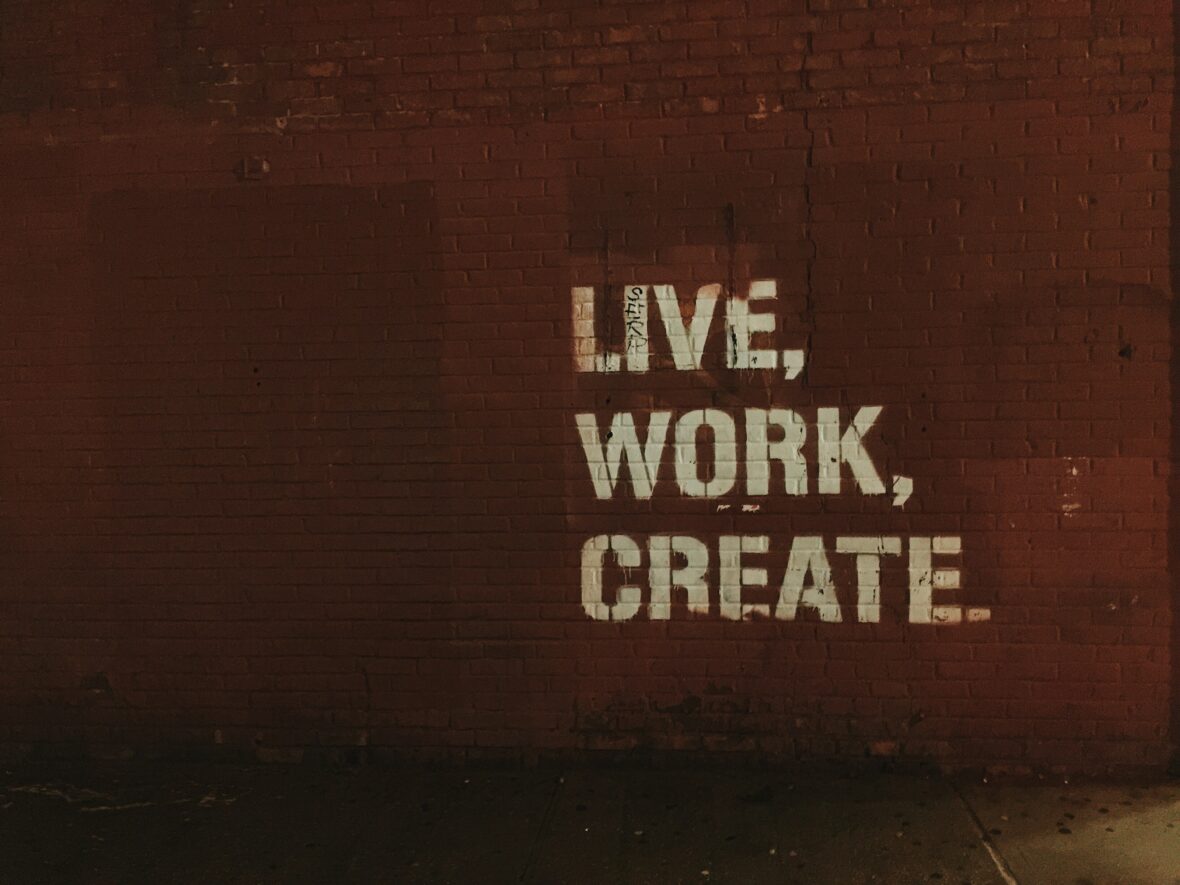Are Long-Term Careers a Thing of the Past?
by K. Sudarshan, Managing Director EMA Partners India Regional Chair APAC
“Are you thinking long-term about your career prospects?” – Is this a statement you’ve heard recently?
Today’s workforce is increasingly influenced by Millennials and Generation Z. Having witnessed the pandemic and its aftermath during a crucial phase of their lives,
they are now approaching work with a different mindset, ready to reshape the rules and methods for building their careers.
They are young, ambitious, fast-paced, restless, and quick to move on if their jobs don’t align with their desire for meaning and purpose.
Moreover, the vast array of career options today, coupled with the fierce competition for talent, raises an important question:
Are people really thinking long-term when it comes to their next job?
Here are some thoughts that might help answer that question:
Decisions Today Are Driven by the Search for Meaning
The current talent pool is driven by a broader sense of purpose and is not afraid to challenge the status quo to find meaning in their work. In this context, it is crucial for companies to communicate their visions and expectations transparently and honestly.
Growth Matters
Talents are increasingly eager to explore new frontiers, gain global experience, and prove themselves in new roles with executional discipline. Without overpromising, companies should be mindful of the pursuit of growth across various roles while also fostering the personal development of their employees.
Quality of Life Takes Center Stage
For today’s young generation and many workers, life priorities have shifted. While money and career remain important, quality of life has gained significant importance.
The new motto is: Do more of what you love, and less of what you merely like.
People Follow People
Today’s talents seek inspiration from leaders and prefer to build strong coach-coachee or mentor-mentee relationships in the workplace. Companies should therefore focus on developing inspiring leaders who in turn can fuel the growth of others. Empowering leaders and giving them the freedom to shape teamwork independently is key!
Given these considerations, there’s no denying that the world of work has profoundly changed for both employers and employees.
While “overnight success” remains rare, even today, most successful CEOs have spent considerable time in their company or industry.
Here are some insights from highly successful CEOs on critical aspects of their careers and how they and their organizations have benefited:
Trust—The Eureka Moment Will Come
Reflection is motivating! When looking back and realizing how much you’ve learned, there is usually a “Eureka moment” in your career.
This moment may come sooner for some and later for others. But when you have learned and made progress, that moment is almost guaranteed to come. Trust is crucial!
Focus on Impact, Financial Goals Will Follow as a Byproduct
What matters is action with impact. If you make a clear contribution and build expertise in a specific area, financial success will naturally follow as a byproduct.
Think Like an Entrepreneur
Move beyond mere transactional thinking. Consider the workplace as an extension of your personal domain. Can you imagine how powerful companies would be if every employee viewed their role through the lens of an entrepreneur? Just as companies invest in their talents, it’s only fair for talent to go above and beyond to create real value.
Culture Comes First
Personal connections are what matter. True leadership involves taking the initiative, building long-term connections, and showing empathy toward your team members.
Seek a Mentor or Career Coach
When building long-term careers, it’s essential to also focus on personal development goals—only then can true fulfillment occur. Collaborating with a mentor or coach can be a real catalyst!
The Trust Relationship Between Employer and Employee
Over the past decade, we’ve seen the loyalty bond between employer and employee become strained due to mass layoffs, restructurings, and more. Successful careers emerge when both talent and company demonstrate a high level of trust and loyalty.
Looking ahead, we expect the business world to continue evolving rapidly. Holistic thinking, proactive behavior, and adaptability will be critical success factors for both talent and companies.
In conclusion, from the perspective of EMA Partners Switzerland:
Long-term careers are by no means a thing of the past—they are simply evolving.
The changing world of work opens up new opportunities for both talent and companies to build meaningful relationships founded on trust, innovation, and mutual growth.
We observe that the most successful careers are shaped by perseverance, a clear vision, and the willingness to look beyond the horizon.
While the world of work has become more dynamic and fast-paced,
the power of long-term investment—in relationships, personal development, and culture—remains as strong as ever.
For both companies and talent, the message is the same:
Those who are ready to adapt, fill their roles with purpose and commitment, and look forward together will reap the rewards of long-term success.
Together, we are shaping careers that not only fulfill the moment but also bring meaning and satisfaction in the long run.
The future is bright—for those who move forward with passion, commitment, and a desire to grow. 🌱










